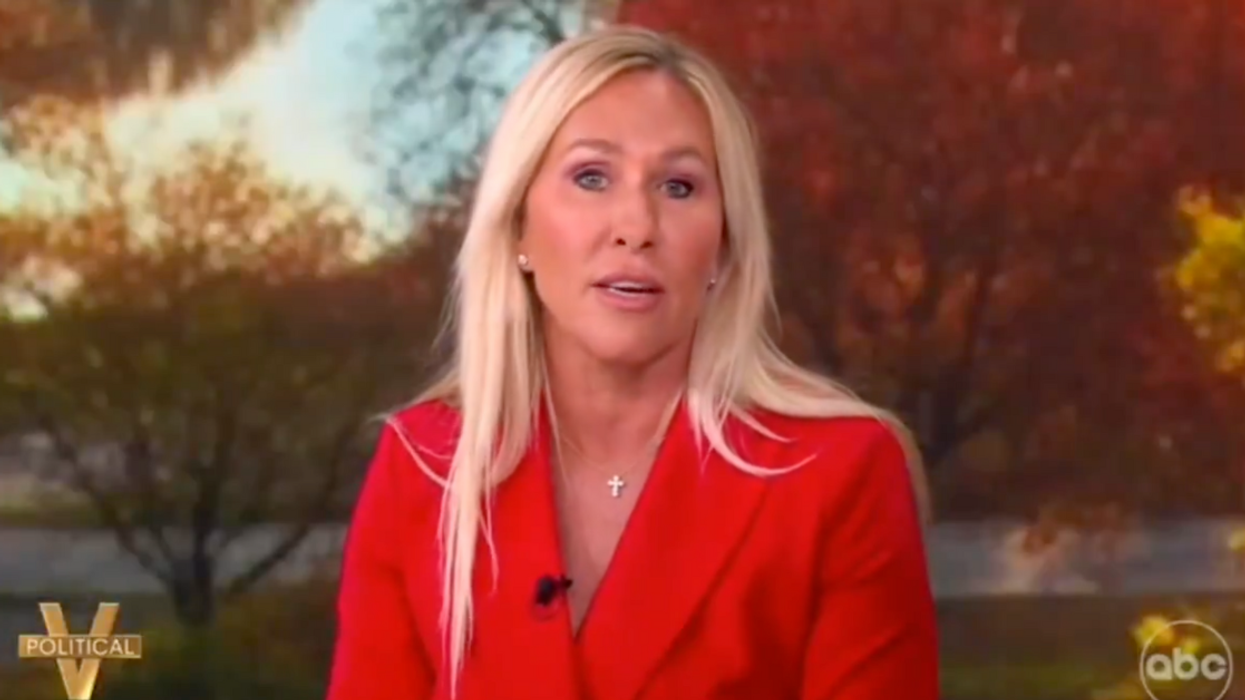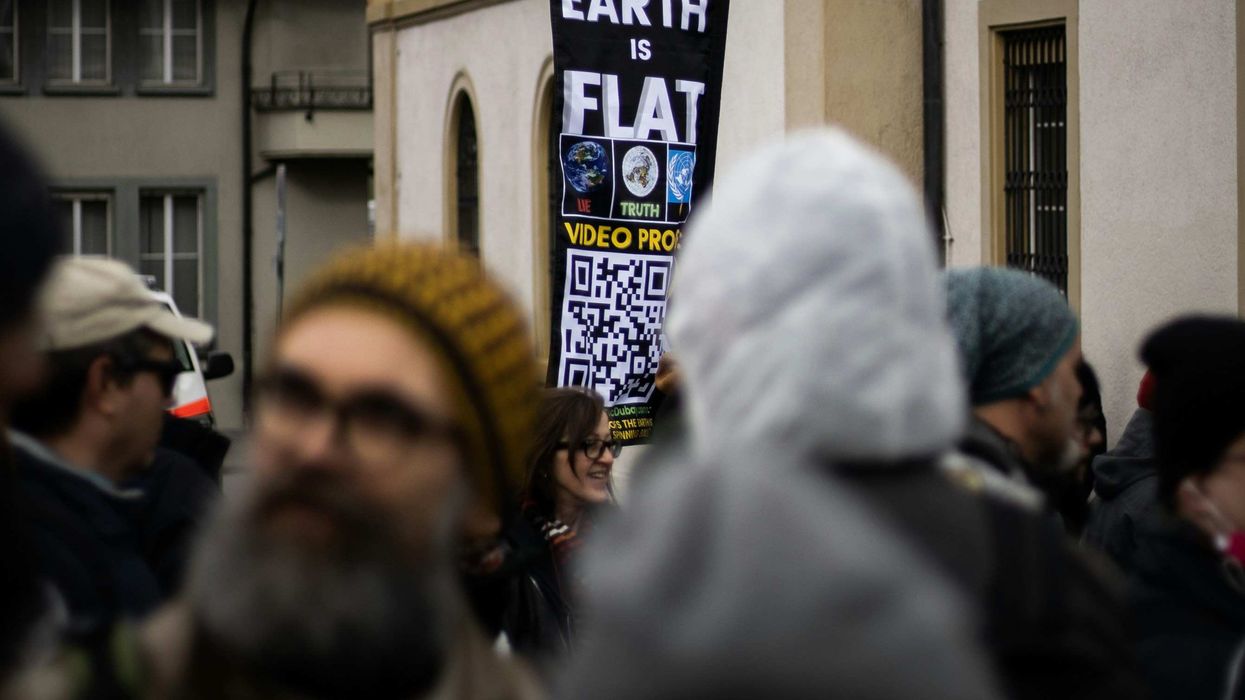Fox News commentator Judge Andrew Napolitano, usually a reliable Trump booster, took to Fox and Friends on Tuesday to slam President Donald Trump for his decision to nominate Judge Brett Kavanaugh to the Supreme Court.
Napolitano, who works at Fox as a senior judicial analyst, told the panel he was "disappointed in the president," saying Kavanaugh "is not the type of person [Trump] said he'd pick."
ANDREW NAPOLITANO: The Washington establishment, sometimes known as the swamp, wanted Judge Kavanaugh, and the people around the president wanted Judge Kavanaugh, led by Don McGahn, the White House legal counsel, long-time friend of Judge Kavanaugh, and they prevailed.
PETE HEGSETH: So you're saying it's a swamp pick?
NAPOLITANO: Yes.
“He’s pro-life. He’s pro-gun. He’s pro-police, which rankles civil libertarians,” Napolitano added. “He’s also pro-Obamacare. He’s also, ‘well, an infant might have the right to abortion. An infant immigrant might have the right to abortion.’ He [thinks] ‘we can impeach the president if he lies to the public.'”
“These are not my words. These are words that he’s said throughout his career,” he concluded. “He is at heart and soul, a big government guy.”
Kavanaugh has written that a sitting president should not be subjected to criminal investigations while in office. Indicting a sitting president “would ill serve the public interest, especially in times of financial or national-security crisis,” Kavanaugh wrote in 2009.
“If the president does something dastardly,” he wrote, “the impeachment process is available.”
Kavanaugh has also issued opinions on the constitutionality of Roe v Wade, which guaranteed women the right to abortion. He has said he considers the 1973 Supreme Court ruling to be binding, though he does support some restrictions on abortion.
Napolitano believes Kavanaugh "will be confirmed" by the Senate, though he expects "some fire from the right."
On the Affordable Care Act:
Although the D.C. Circuit, in the case of Seven-Sky v. Holder, upheld the Affordable Care Act as legitimate under the Commerce Clause––legislation which empowers Congress to regulate interstate commerce––Kavanaugh dissented based on his belief that the court did not have jurisdiction to hear the case. He cited 1867’s Anti-Injunction Act, which prohibits people from challenging taxes until after they’ve paid them. (Kavanaugh viewed the individual mandate as a tax that could not be challenged until the first mandate penalties were levied in the spring of 2015.)
Napolitano also revived a conspiracy theory about Vince Foster, a deputy white house counsel who served President Bill Clinton during the early months of his administration. Foster committed suicide in 1993, but his death sparked rumors that the Clintons murdered him in the White House and disposed of his body in a park.
These stories have been thoroughly debunked, however that didn't stop the judge from tying Foster's death to Kavanaugh. Trump has also peddled this unfounded allegation.
“You remember Vince Foster who killed himself in the White House?” Napolitano asked. “How did his body get from the White House to Fort Marcy Park?”
Who was the prosecutor in charge of figuring out how his body got there? Who was the prosecutor that exonerated Hillary and the thugs that moved his body? A young Brett Kavanaugh.
Kavanaugh was part of the investigation into the Clintons led by Kenneth Starr and concluded that Foster's death was a suicide.
Twitter pushed back against Napolitano's invoking of a long-dead conspiracy theory.
Kavanaugh is expected to face a brutal confirmation hearing, especially from Senate Democrats who are worried about the future of abortion rights, marriage equality, and the Affordable Care Act.
Democrats have also voiced concerns over Trump nominating someone whom they claim believes presidents shouldn't be investigated. They fear the president chose Kavanaugh in the event the Supreme Court has to issue a ruling on aspects of Special Counsel Robert Mueller's investigation into possible obstruction of justice by the president, Trump's campaign's ties to Russian election meddling, and whether or not the president can pardon himself.


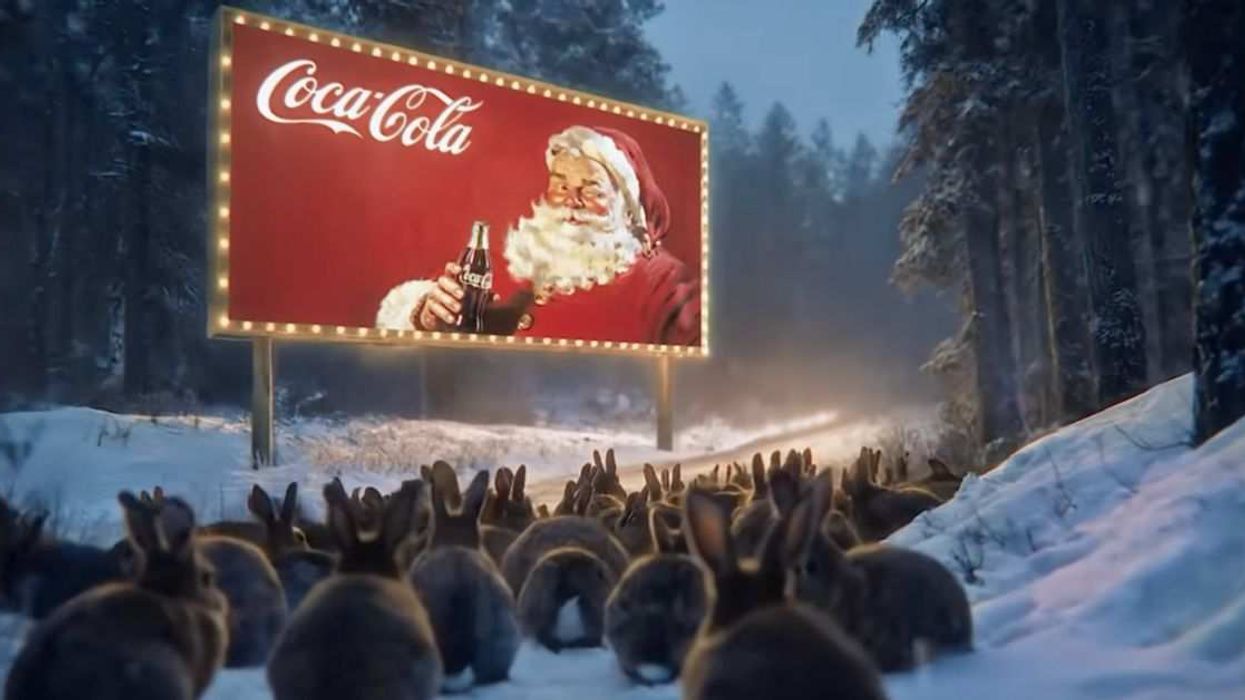
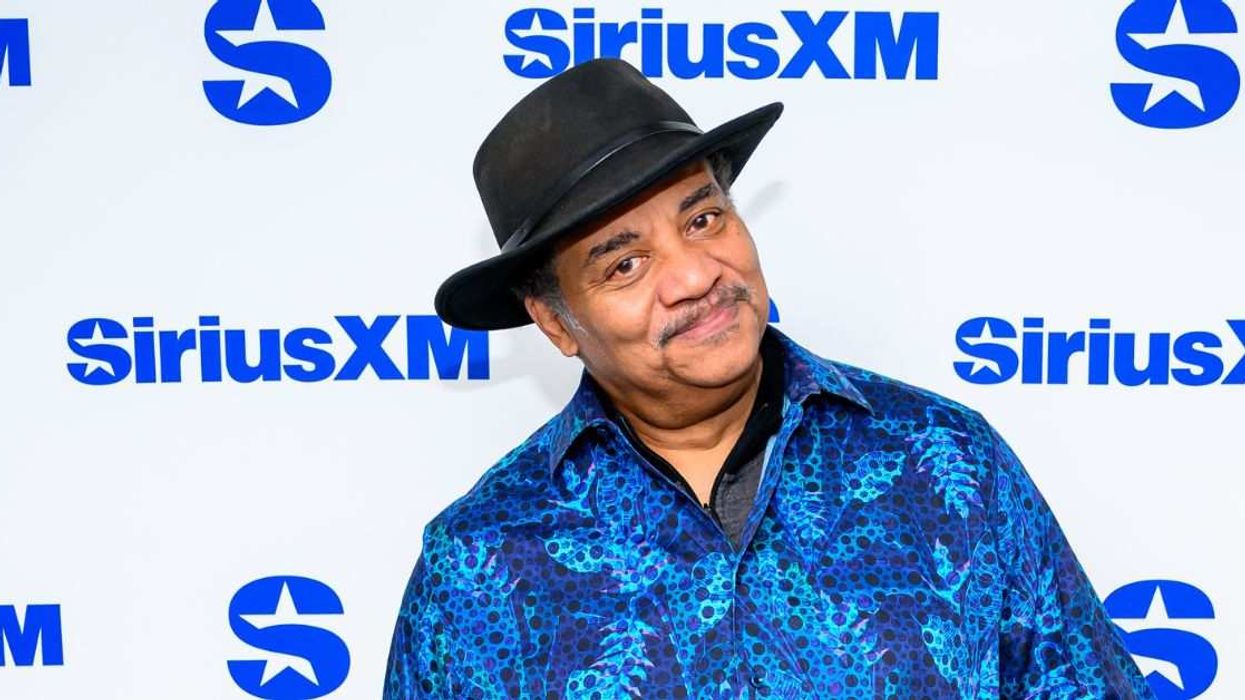
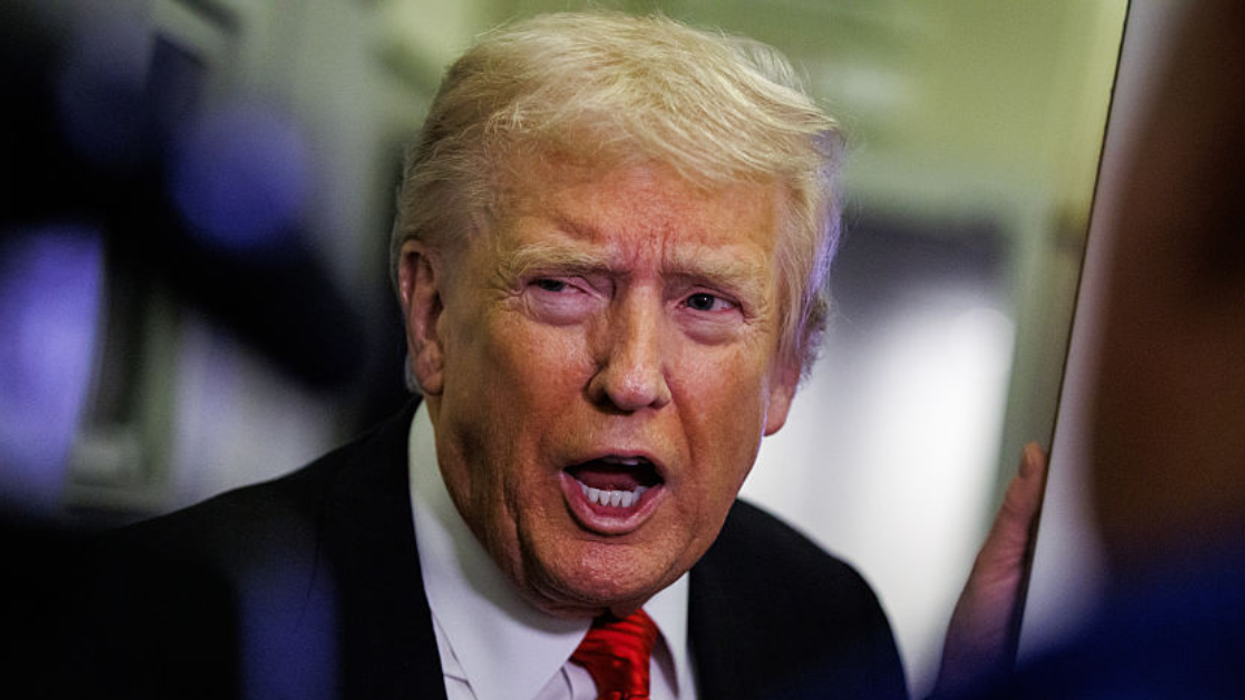

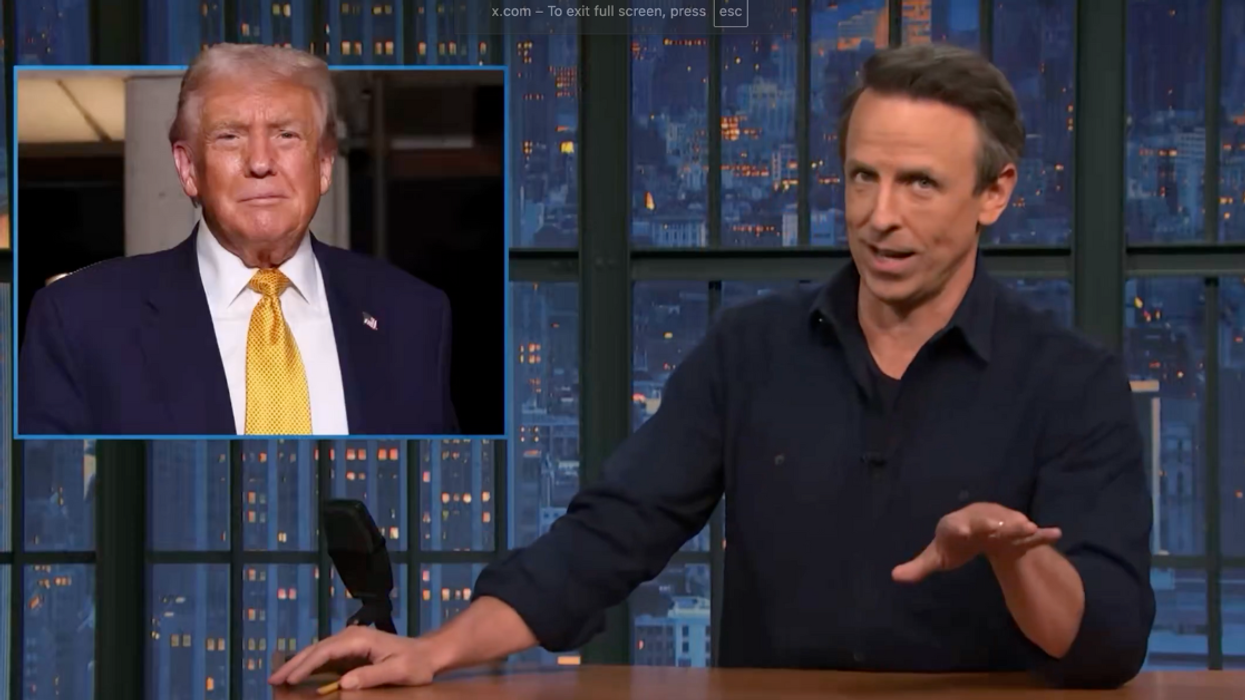
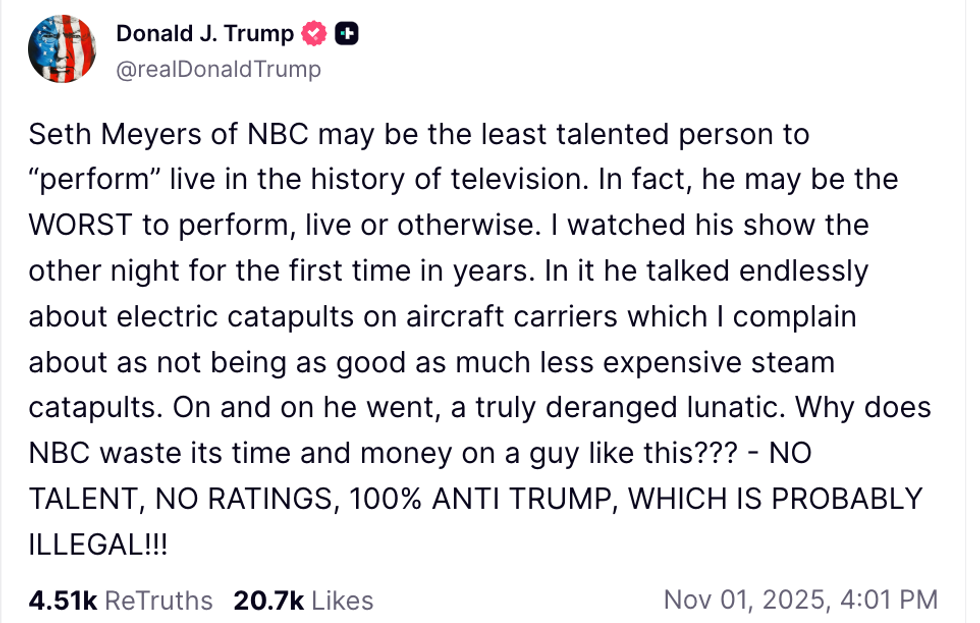 @realDonaldTrump/Truth Social
@realDonaldTrump/Truth Social



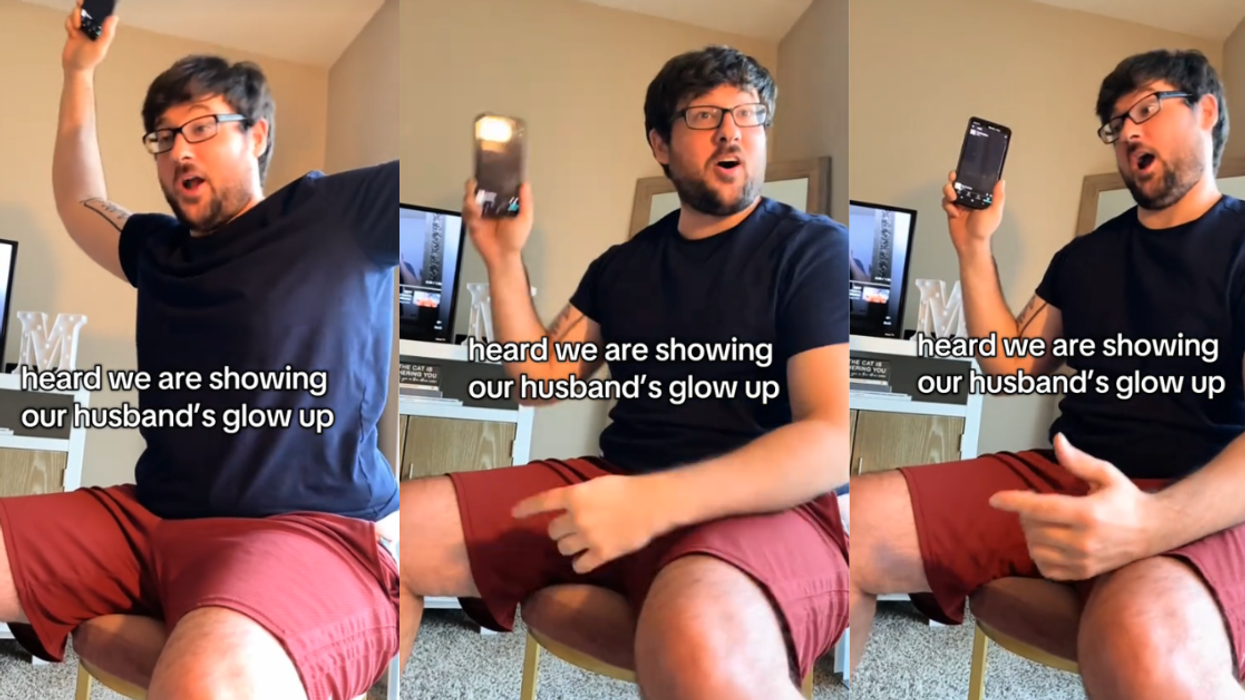

 @rootednjoyy/TikTok
@rootednjoyy/TikTok @rootednjoyy/TikTok
@rootednjoyy/TikTok @rootednjoyy/TikTok
@rootednjoyy/TikTok @rootednjoyy/TikTok
@rootednjoyy/TikTok @rootednjoyy/TikTok
@rootednjoyy/TikTok @rootednjoyy/TikTok
@rootednjoyy/TikTok @rootednjoyy/TikTok
@rootednjoyy/TikTok @rootednjoyy/TikTok
@rootednjoyy/TikTok @rootednjoyy/TikTok
@rootednjoyy/TikTok @rootednjoyy/TikTok
@rootednjoyy/TikTok @rootednjoyy/TikTok
@rootednjoyy/TikTok @rootednjoyy/TikTok
@rootednjoyy/TikTok @rootednjoyy/TikTok
@rootednjoyy/TikTok @rootednjoyy/TikTok
@rootednjoyy/TikTok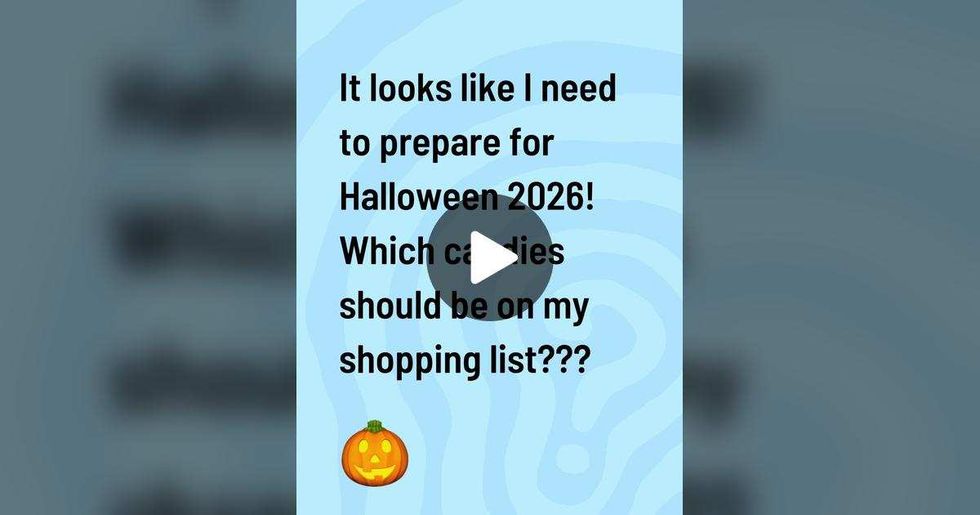
 @rootednjoyy/TikTok
@rootednjoyy/TikTok @rootednjoyy/TikTok
@rootednjoyy/TikTok @rootednjoyy/TikTok
@rootednjoyy/TikTok @rootednjoyy/TikTok
@rootednjoyy/TikTok @rootednjoyy/TikTok
@rootednjoyy/TikTok @rootednjoyy/TikTok
@rootednjoyy/TikTok @rootednjoyy/TikTok
@rootednjoyy/TikTok @rootednjoyy/TikTok
@rootednjoyy/TikTok @rootednjoyy/TikTok
@rootednjoyy/TikTok @rootednjoyy/TikTok
@rootednjoyy/TikTok
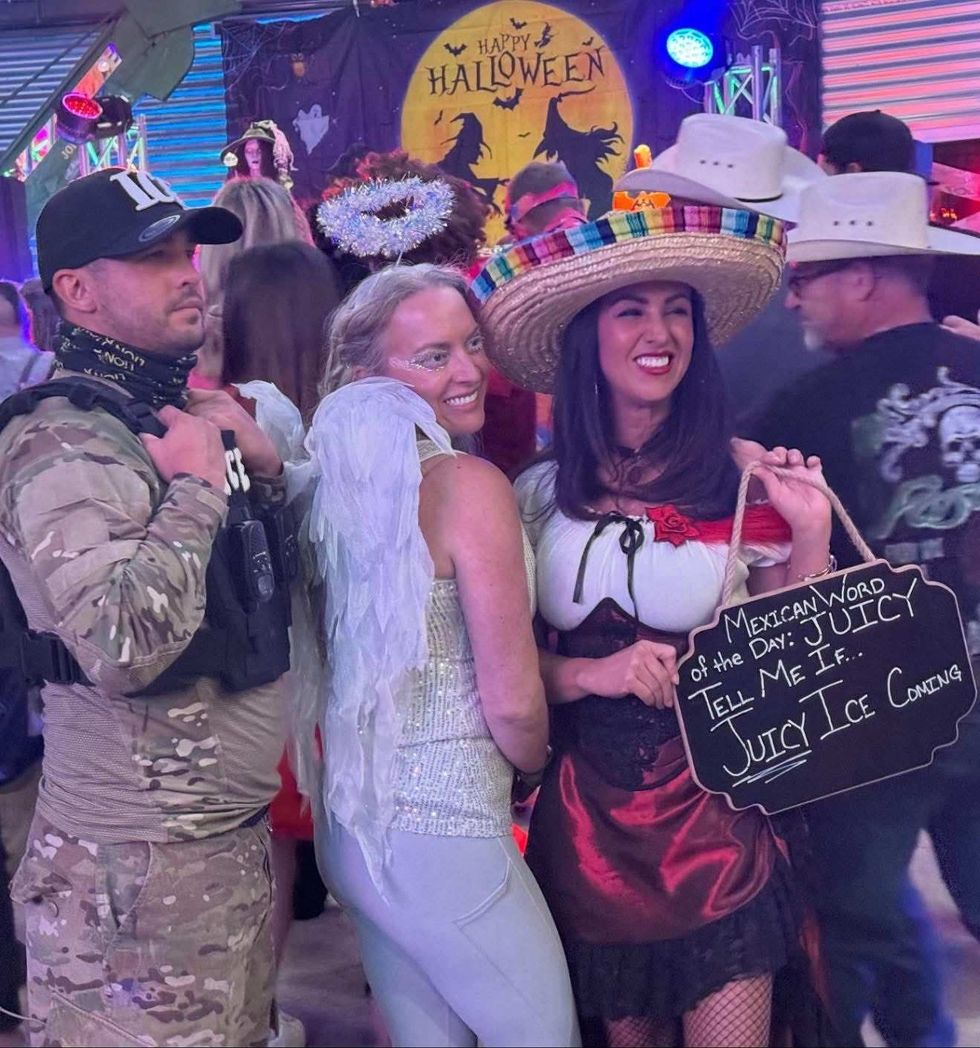 @BarryMu38294164/X
@BarryMu38294164/X